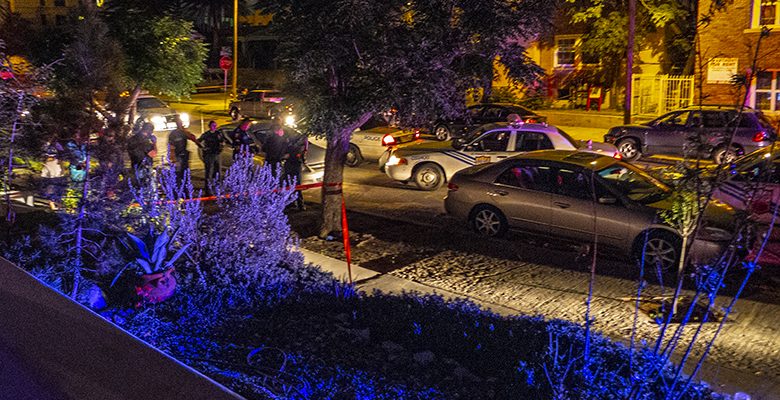From ElPasoTimes.com:
The El Paso Police Department announced the arrests of five of its officers in connection with three separate cases, including a hit-and-run cover-up, domestic violence and a sexual assault five years ago.
. . .
“The El Paso Police Department takes all misconduct allegations seriously and will work diligently to investigate all claims against its personnel. The department remains committed to upholding the highest standards of professionalism and integrity in performing its duties,” the department said in a statement.
There’s always a few bad apples, am I right?
But what’s the rest of that bad apple idiom?
“One bad apple spoils the bunch.”
El Paso’s Brady List
A Brady List is a record of police officers who the prosecution should not call to testify because of their record. If, for instance, an officer has ever been caught in a lie, say because his incident report is contradicted by video, his name is included on the Brady List. If a police officer has shot an handcuffed prisoner in the sallyport of a county jail, or a young man having a mental health crisis in his mom’s living room, he probably will make the Brady List.
So what happens if a police officer makes the Brady List?
His ability to work effectively as a patrol officer is severely limited, because he can’t be called to testify on the stand.
So what’s a police department to do?
Well, you could send them to work at the Police Academy, where they might pass their bad habits on to new recruits.
Or, a police department could promote them to supervisory roles.
Is The Cop Who Arrested You On The Brady List?
Giglio.BradyList.com is a depository of police officers whose credibility might be challenged in court.
Here’s what they say about the EPPD:
El Paso Police Departmentis not in compliance with the nationwide, public-facing, Brady List; or:
The Supreme Court of the United States [SCOTUS] Brady doctrine (1963);
US Freedom of Information Act (1967);
State Sunshine Law (see, below);
Open Government Act (2007);
Open Government Initiative (2009); and,
Open Government Directives (2009) issued by the United States Department of Justice.This information has been curated by journalists and private citizens; and, this platform is available as-a-service to all Peace Officer Standards & Training [POST] Departments, Prosecutors, and Law Enforcement Organizations [LEOrgs].
Don’t forget to tell it to the judge.


Why am I not surprised? There are so many explanations for this, because this city does have problems from top to bottom.